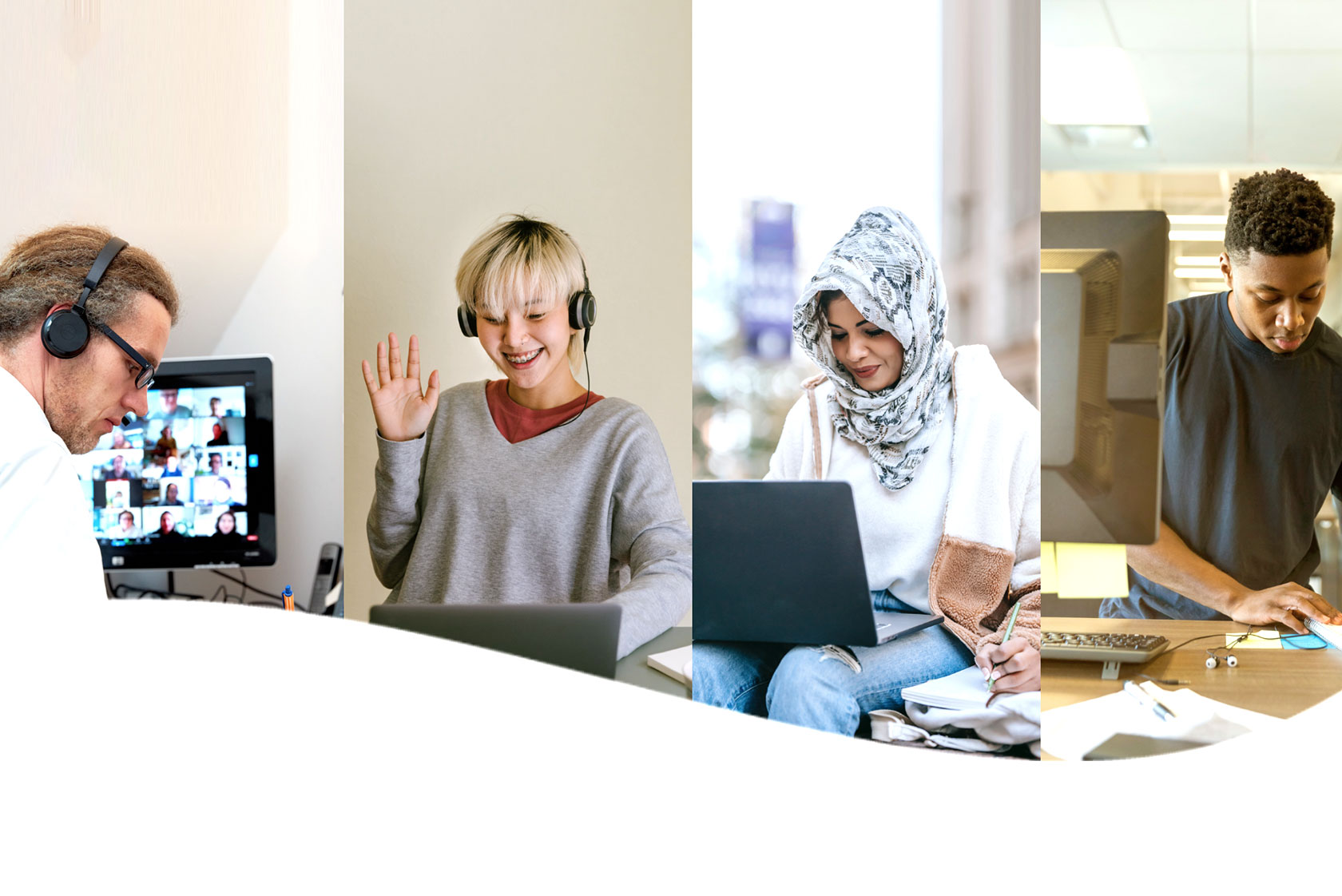
Barcamp Open Science 2022: Connecting and Strengthening the Communities!
Creating a platform for a relaxed exchange with international like-minded people on the topic of Open Science is what the Barcamp Open Science stands for. Every year, the participants create a special flair, among other things through active participation in sessions that, as always, cover a wide range of topics. We try to summarise the event and, together with some of the session moderators, give an insight into the discussions in their sessions.
by Yvana Glasenapp, Esther Plomp, Mindy Thuna, Antonia Schrader, Victor Venema, Mika Pflüger, Guido Scherp and Claudia Sittner
As a pre-event of the Open Science Conference , the Leibniz Research Alliance Open Science and Wikimedia Germany once again invited participants to the annual Barcamp Open Science (#oscibar) on 7 March. The Barcamp was once again held completely online. By now well-versed in online events, a good 100 participants turned up. They came to openly discuss a diverse range of topics from the Open Science universe with like-minded people.
As at the Barcamp Open Science 2021, the spontaneous compilation of the programme showed that the majority of the sessions had already been planned and prepared in advance. After all, the spectrum of topics ranged from very broad topics such as “How to start an Open Science community?” to absolutely niche discussions, such as the one about the German Data Use Act (Datennutzungsgesetz). But no matter how specific the topic, there were always enough interested people in the session rooms for a fruitful discussion.
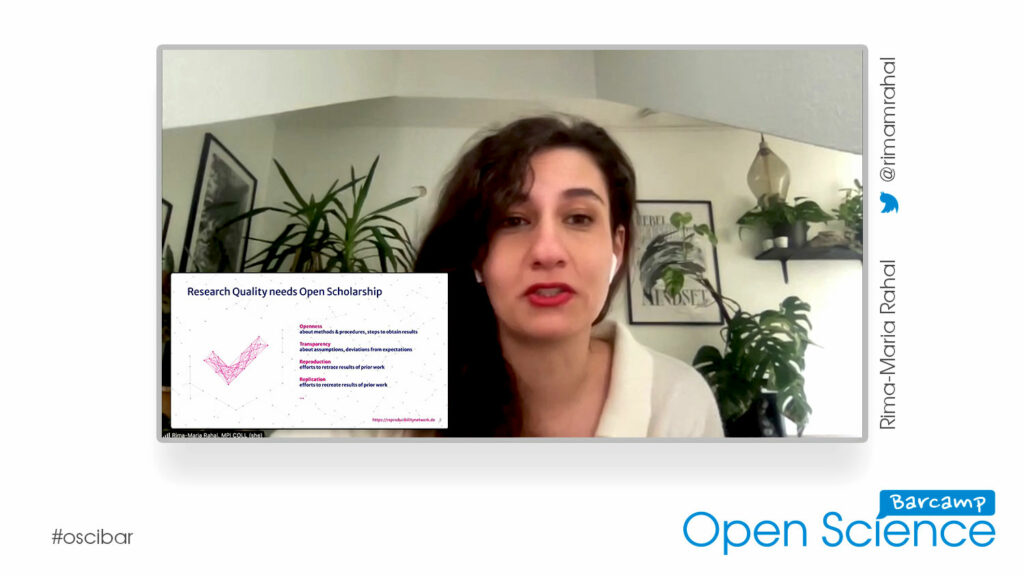
Ignition Talk by Rima-Maria Rahal
In this year’s “Ignition Talk”, Rima-Maria Rahal skilfully summed up the precarious working conditions in the science system. These include, on the one hand, temporary positions and the competitive pressure in the science system (in Germany, this is currently characterised by the #IchBinHanna debate, German), and on the other hand, the misguided incentive system with its focus on the impact factor. Not surprisingly, her five thoughts on more sustainable employment in science also met with great approval on Twitter.
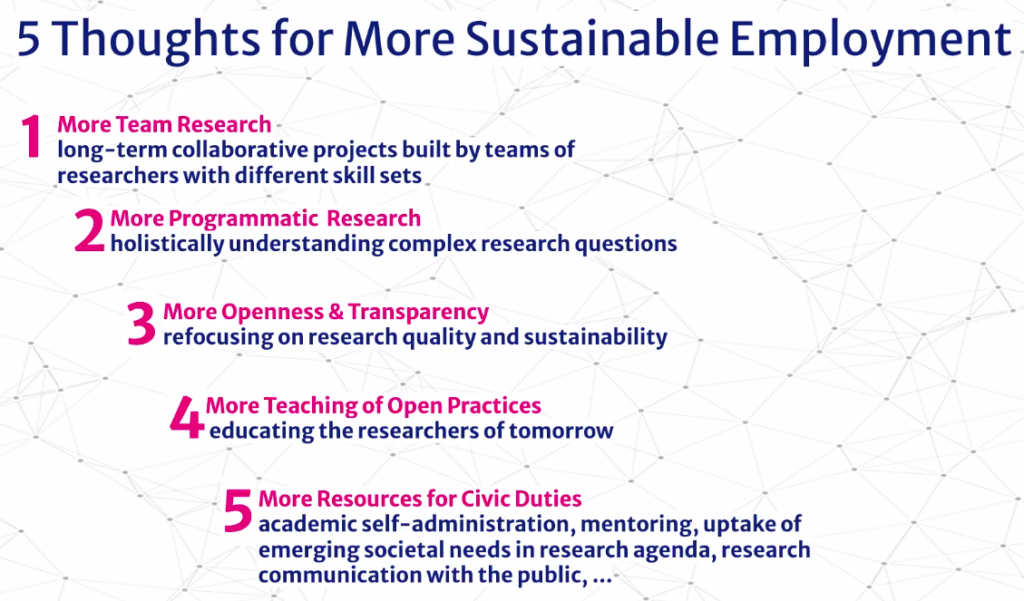
Rima-Maria Rahal: Fünf Thoughts for More Sustainable Employment
Those interested in her talk “On the Importance of Permanent Employment Contracts for Research Quality and Robustness” can watch it on YouTube (recording of the same talk at the Open Science Conference).
In the following, some of the session initiators have summarised the highlights and most interesting insights from their discussions:
How to start an Open Science community?
by Yvana Glasenapp, Leibniz University Hannover
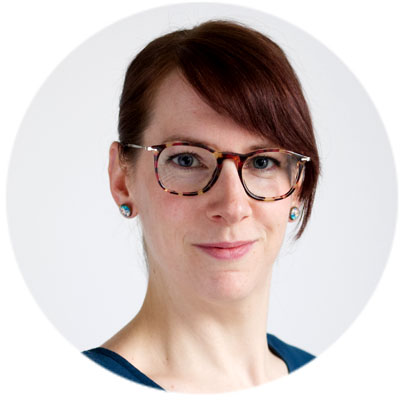
Open Science activities take place at many institutions at the level of individuals or working groups, without there being any exchange between them.
In this session we discussed the question of what means can be used to build a community of those interested in Open Science: What basic requirements are needed? What best practice examples are there? Ideas can be found, for example, in this “Open Science Community Starter Kit”.
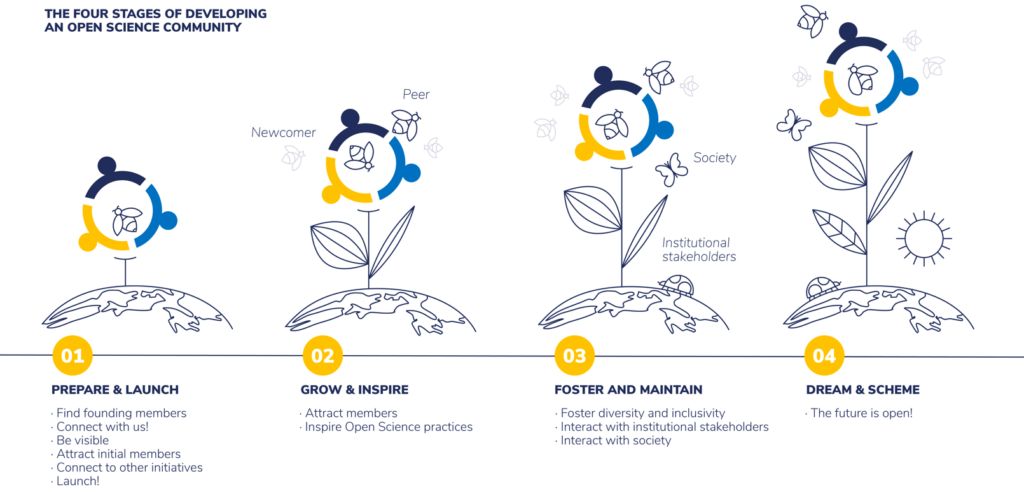
Die The Four Sages of Developing an Open Science Community from the „Open Science Community Starter Kit “ (CC BY NC SA 4.0)
There is a perception among many that there is a gap between the existing information offered by central institutions such as libraries and research services and the actual implementer community. These central bodies can take on a coordinating role to promote existing activities and network participating groups. It is important to respect the specialisation within the Open Science community. Grassroots initiatives often form in their field due to specific needs in the professional community.
Key persons such as data stewards, who are in direct contact with researchers, can establish contacts for stronger networking among Open Science actors. The communication of Open Science principles should not be too abstract. Incentives and the demonstration of concrete advantages can increase the motivation to use Open Science practices.
Conclusion: If a central institution from the research ecosystem wants to establish an Open Science community, it would do well to focus, for example, on promoting existing grassroots initiatives and to offer concrete, directly applicable Open Science tools.
Moving Open Science at the
institutional/departmental level
by Esther Plomp, Delft University of Technology
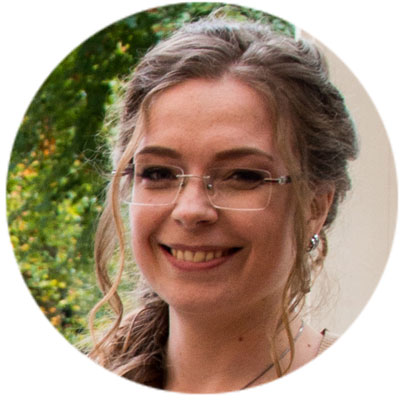
In this session all 22 participants introduced themselves and presented a successful (or not so successful!) case study from their institution.
Opportunities for Open Science
A wide variety of examples of improving awareness or rewarding Open Research practices were shared: Several universities have policies in place on Research Data or Open Access. These can be used to refer researchers to and are especially helpful when combined with personal success stories. Some universities offer (small) grants to support Open Science practices (Nanyang Technological University Singapore, University of Mannheim, German). Several universities offer trainings to improve Open Science practices, or support staff who can help.
Offering recommendations or tools that facilitate researchers to open up their workflows are welcome. Bottom-up communities or grassroots initiatives are important drivers for change.
Conferences, such as the Scholarship Values Summit, or blogs could be a way to increase awareness about Open Science (ZBW Blog on Open Science). You can also share your institute’s progress on Open Science practices via a dashboard, an example is the Charité Dashboard on Responsible Research.
Challenges for Open Science
On the other hand, some challenges were also mentioned: For example, Open Science is not prioritised as the current research evaluation system is still very focused on traditional research impact metrics. It can also be difficult to enthuse researchers to attend events. It works better to meet them where they are.
Not everyone is aware of all the different aspects of Open Science (sometimes it is equated with Open Access) and it can also be quite overwhelming. It may be helpful to use different terms such as research integrity or sustainable science to engage people more successfully with Open Science practices. More training is also needed.
There is no one-size-fits-all solution! If new tools are offered to researchers, they should ideally be robust and simplify existing workflows without causing additional problems.
Conclusion: Our main conclusions from the session were that we have a lot of experts and successful case studies to learn from. It is also important to have enthusiastic people who can push for progress in the departments and institutes!
How can libraries support researchers for Open Science?
by Mindy Thuna, University of Toronto Libraries
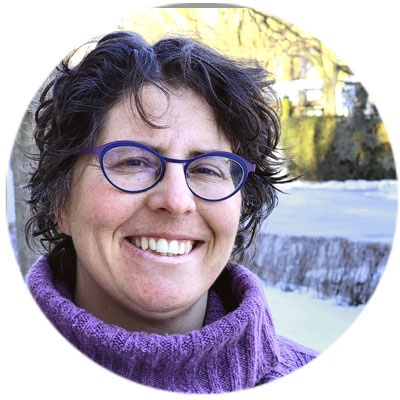
There were ten participants in this session from institutions in South Africa, Germany, Spain, Luxembourg and Canada.
Four key points that arose:
1. One of the first things that came up in dialogue was that Open Science is a very large umbrella that contains a LOT of pieces/separate things within it. Because there are so many moving parts in this giant ecosystem, it is hard to get started in offering supports, and some areas get a lot less attention than others. Open Access and Open Data seem to consistently be flagged first as the areas that generate a lot of attention/support while Open Software and even Citizen Science received a lot less attention from libraries.
2. Come to us versus go to them: Another point of conversation was whether or not the researchers are coming to us (as a library) to get support for their own Open Science endeavours. It was consistently noted that they are not generally thinking about the library when they are thinking, e.g., about research data or Open Access publishing. The library is not on their radar as a natural place to find this type of support/help until they have experienced it for themselves and realise the library might offer supports in these areas.
From this starting point, the conversation morphed to focus on the educational aspect of what libraries offer – i.e. making information available. But it was flagged that we often have a bubble where the information is located that is not often browsed. So the community is a key player in getting the conversation started, particularly as part of everyday research life. This way, the library can be better integrated into the regular flow of research activities when information/help is needed.
3. The value of face-to-face engagement: People discussed the need to identify and work with the “cheerleaders” to get an active word-of-mouth network going to educate more university staff and students about Open Science (rather than relying on Libguides and webpages to do so more passively). Libraries could be more proactive and work more closely with the scientific community to co-create Open Science related products. Provision of information is something we do well, but we often spend less time on personal interactions and more on providing things digitally. Some of the attendees felt this might be detrimental to really understanding the needs of our faculty. More time and energy should be spend on understanding the specific needs of scientists and shaping the scientific communication system rather than reacting to whatever comes our way.
4. The role of libraries as a connecting element: The library is uniquely placed to see across subject disciplines and serve in the role of connector. In this way, it can help facilitate collaborations/build partnerships across other units of the organisation and assist in enabling the exchange of knowledge between people. It was suggested that libraries should be more outgoing in what they (can) do and get more involved in the dialogue with researchers. One point that was debated is the need for the library to acknowledge that it is not and cannot really be a neutral space – certainly not if Open Science is to be encouraged rather than just supported.
Persistent identifiers and how they can foster Open Science
by Antonia Schrader, Helmholtz Open Science Office
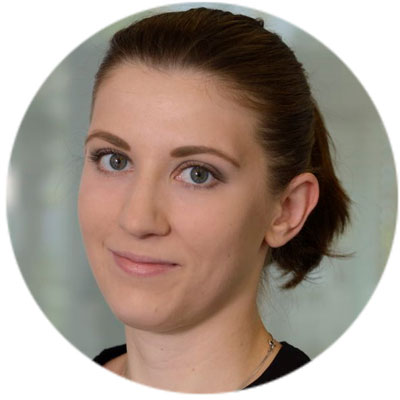
Whether journal article, book chapter, data set or sample – these results of science and research must be made openly accessible in an increasingly digital scientific landscape, and at the same time made unambiguously and permanently findable. This should support the exchange of information within science from “closed” to “open” science and promote the transfer of findings to society.
Persistent identifiers (PIDs) play a central role here. They ensure that scientific resources can be cited and referenced. Once assigned, the PID always remains the same, even if the name or URL of an information object changes.
The participants in the spontaneous barcamp session all agreed on this central importance of PIDs for the digital science landscape. All of them were familiar with the principle of PIDs and have contact points in their daily work, especially with DOIs and ORCID iDs (Open Researcher and Contributor iD). In addition to the enormous potential of PIDs, however, the participants also saw challenges in their use and establishment. It became clear that there are still technical as well as ethical and data protection issues to consider.
There was consensus that these questions must be accompanied by a broad education on PIDs, their purpose and how they work; among the scientific staff of research institutions as well as among researchers. Websites tailored to the topic from ORCID DE (German) or Forschungsdaten.org (German) offer a good introduction.
Translating scholarly works opens science
by Victor Venema, Translate Science
Translating scholarly works opens science for more contributors (who do important work, but are not proficient in writing English), avoids double work and it opens the fruits of science to larger communities. Translated scientific articles open science to science enthusiasts, activists, advisors, trainers, consultants, architects, doctors, journalists, planners, administrators, technicians and scientists. Such a lower barrier to participating in science is especially important on topics such as climate change, environment, agriculture and health.
In this session we discussed why translations are important, tools that could help making and finding translations and foreign language works. An interesting thought was that currently blogs are important for finding foreign scientific articles, which illustrates how much harder it is to find such works and suggests allies to work with. The difficulty of finding foreign works emphasises the importance of at least translating titles and abstracts. Search engines that include automatically translated keywords can also help discovery.
The slides of the session “Translating scholarly articles opens science” can be found here.
Open Data before publication
by Mika Pflüger, Potsdam Institute for Climate Impact Research
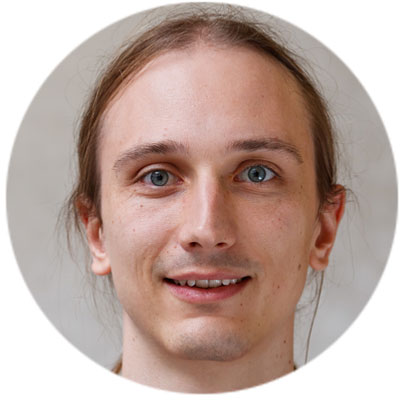
In this session we discussed approaches and tools to collaborate on scientific data openly. The starting point of the discussion was the assessment that publishing scientific data openly is already quite well supported and works smoothly thanks to platforms like Zenodo. In contrast, open pre-publication collaboration is difficult because the available platforms impose restrictions, either on the size of the datasets or on the research area supported. Self-hosting a data collaboration platform like gin – Modern Research Data Management for Neuroscience is one solution, but usually not feasible for individual researchers or working groups.
We also talked briefly about experiences with open pre-publication collaboration. Experiences are limited so far, but fruitful collaboration can establish when the datasets in question are useful to a broader group of scientists and contribution is easy and quick. Furthermore, adapting data workflows so that intermediate results and workflows are openly accessible also has benefits for reproducibility and data organisation in general.
Conclusion of the Barcamp Open Science 2022
The Barcamp once again proved to be a suitable opportunity to meet both Open Science veterans and newcomers and to engage in low-threshold conversation. Particularly popular this time were the extensive rounds of introductions in the individual sessions, which not only minimised the inhibition threshold for speaking, but also helped all those present to classify their video conference counterpart in a professional manner and, if desired, to make a note of the contact for later. Topics were dealt with in breadth by many or in depth by a few. Sometimes two people are enough for the latter. In the end, it became clear that the most important thing is to network representatives from the different communities and to promote their exchange.
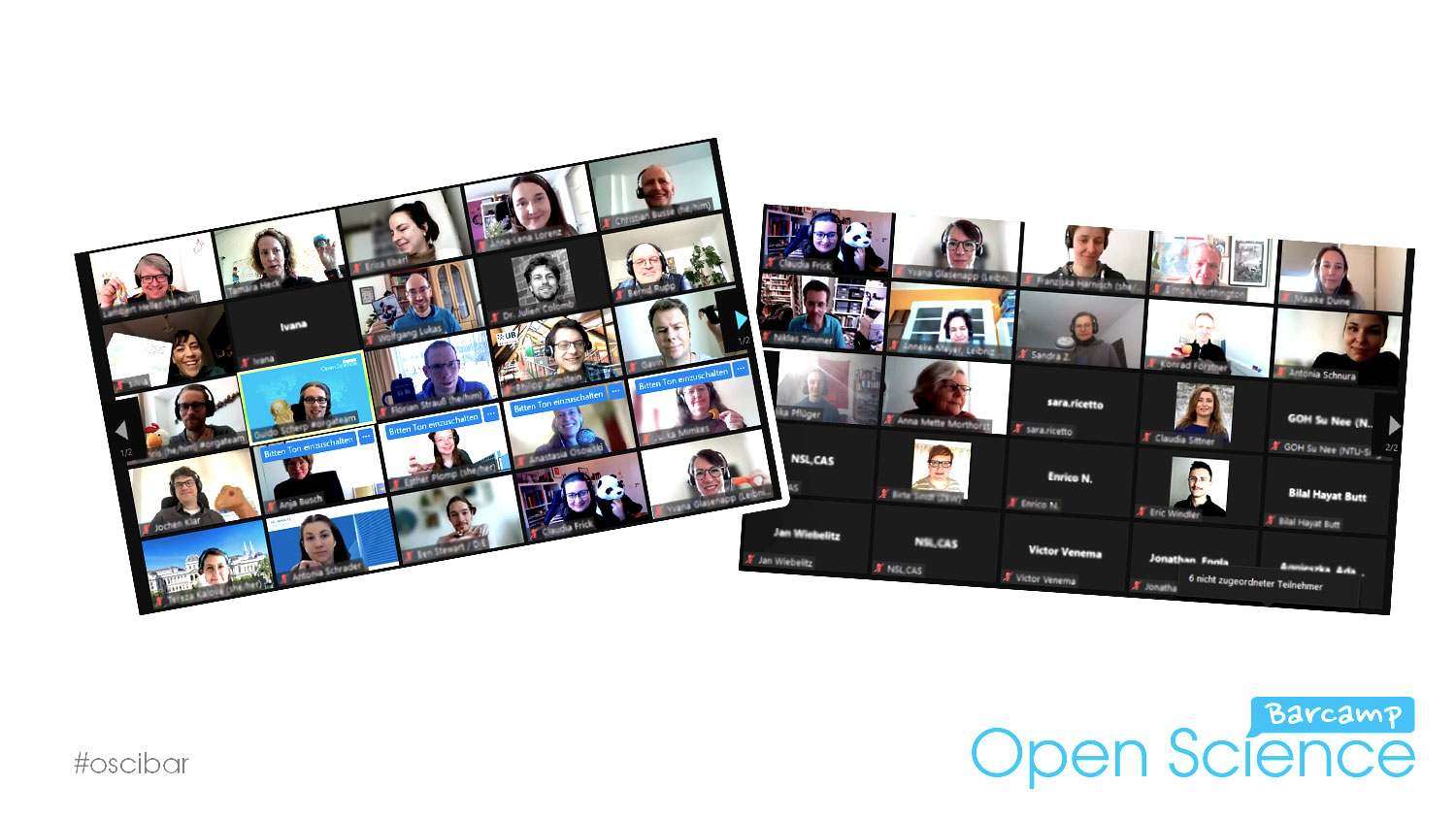
Thank you and see you next year!
Behind the scenes this year, the organising team had taken up feedback from the community that had arisen in the context of a survey on the future of the Barcamp Open Science. For example, there was an onboarding session especially for newcomers to the Barcamp to explain the format and procedure again and to “break the ice” beforehand. Even though we would like to hold the Barcamp in presence again, and this is also desired, there is also a clear vote for an online format. This is more inclusive and important for international participation. Ultimately, our goal is to further develop and consolidate the format together with the community. And we are open to new partners.
This text has been translated from German.
Web links to the Barcamp Open Science
- Barcamp Open Science
- Session Plan
- Main pad
- Hashtag: #oscibar
- Contact
More tips for events
- Open Science Conference 2022: New Challenges at the Global Level
- Open Science & Libraries 2022: 22 Tipps for Conferences, Barcamps & Co.
- ZBW-MediaTalk Events Calendar for further exciting events in the coming months
- Barcamp Open Science 2021: Opening up New Perspectives
- Barcamp Open Science 2020: Learning to Make a Difference
- Open Access goes Barcamp, Part 2: How to Organise Networking Online
- Open Science Goes Barcamp Part 1: A New Networking Opportunity for the Open Access Community
- Open Science Conference 2021: On the Way to a “New Normal”
- Open Science Conference 2019: The Recommendations are Being Implemented Now
- Open Science Conference 2018: Going into Practice
You may also find this interesting
- Open Science and Organisational Culture: Openness as a Core Value at the ZBW
- Open Science Podcasts: 7 + 3 Tips for Your Ears
- Digital Open Science Tools: How to Achieve more Openness Through an Inclusive Design
Dr Yvana Glasenapp is a research officer specialising in research data management and Open Science at Leibniz University Hannover (LUH). Her professional background is in biology. She can be found on XING, LinkedIn and ORCID.
Portrait: Yvana Glasenapp©
Dr Mika Pflüger works in the research software engineering group at Potsdam Institute for Climate Impact Research. He currently works on a better integration of simple climate models into the PIAM suite of integrated assessment models. Mika Pflüger can be found on Twitter.
Portrait: PIK/Klemens Karkow©
Dr Esther Plomp is a Data Steward at the Faculty of Applied Sciences, Delft University of Technology, in the Netherlands. She works towards contributing to a more equitable way of knowledge generation and facilitating others in working more transparently through her involvements in various open research communities including The Turing Way, Open Research Calendar, IsoArcH and Open Life Science. Esther Plomp can be found on Twitter, LinkedIn and GitHub.
Portrait: Esther Plomp©
Dr Guido Scherp is head of the “OpenScienceTransfer” department at the ZBW – Leibniz Information Centre for Economics. He can also be found on LinkedIn and Mastodon.
Portrait: ZBW©, photographer: Sven Wied
Antonia Schrader has been working in the Helmholtz Open Science Office since 2020. There she supports the Helmholtz Association in shaping the cultural change towards Open Science. She promotes the dialogue on Open Science within and outside Helmholtz and regularly organises forums and online seminars (German) together with her colleagues. Antonia Schrader is active in ORCID DE, a project funded by the German Research Foundation to promote and disseminate ORCID iD (German), a persistent identifier (PID) for the permanent and unique identification of individuals. Antonia Schrader can be found on Twitter, LinkedIn and XING.
Portrait: Antonia Schrader, CC BY-ND
Claudia Sittner studied journalism and languages in Hamburg and London. She was a long time lecturer at the ZBW publication Wirtschaftsdienst – a journal for economic policy, and has been the managing editor of the blog ZBW MediaTalk. She is also a freelance travel blogger, speaker and author. She can also be found on LinkedIn, Twitter and Xing.
Portrait: Claudia Sittner©
Mindy Thuna has been a librarian since 2005. Before, she has worked as an educator in a variety of eclectic locations, including The National Museum of Kenya in Nairobi. Wearing her librarian hat, Mindy has had numerous fabulous librarian titles including the AstraZeneca Science liaison librarian, the Research Enterprise Librarian, Head of the Engineering & Computer Science Library and her current role as the Associate Chief Librarian for Science Research & Information at the University of Toronto Libraries in Canada. Her research is also rather eclectic but focuses on people’s interactions with and perception of concepts relating to information, with her current focus being on faculty and Open Science practices. Mindy Thuna can also be found on ORCID and Twitter.
Portrait: Mindy Thuna©
Victor Venema works on historical climate data with colleagues all around the world where descriptions of the measurement methods are normally in local languages. He organised the barcamp session as member of Translate Science, an initiative that was recently founded to promote the translation of scientific articles. Translate Science has a Wiki, a blog, an email distribution list and can be found on the Fediverse.
View Comments
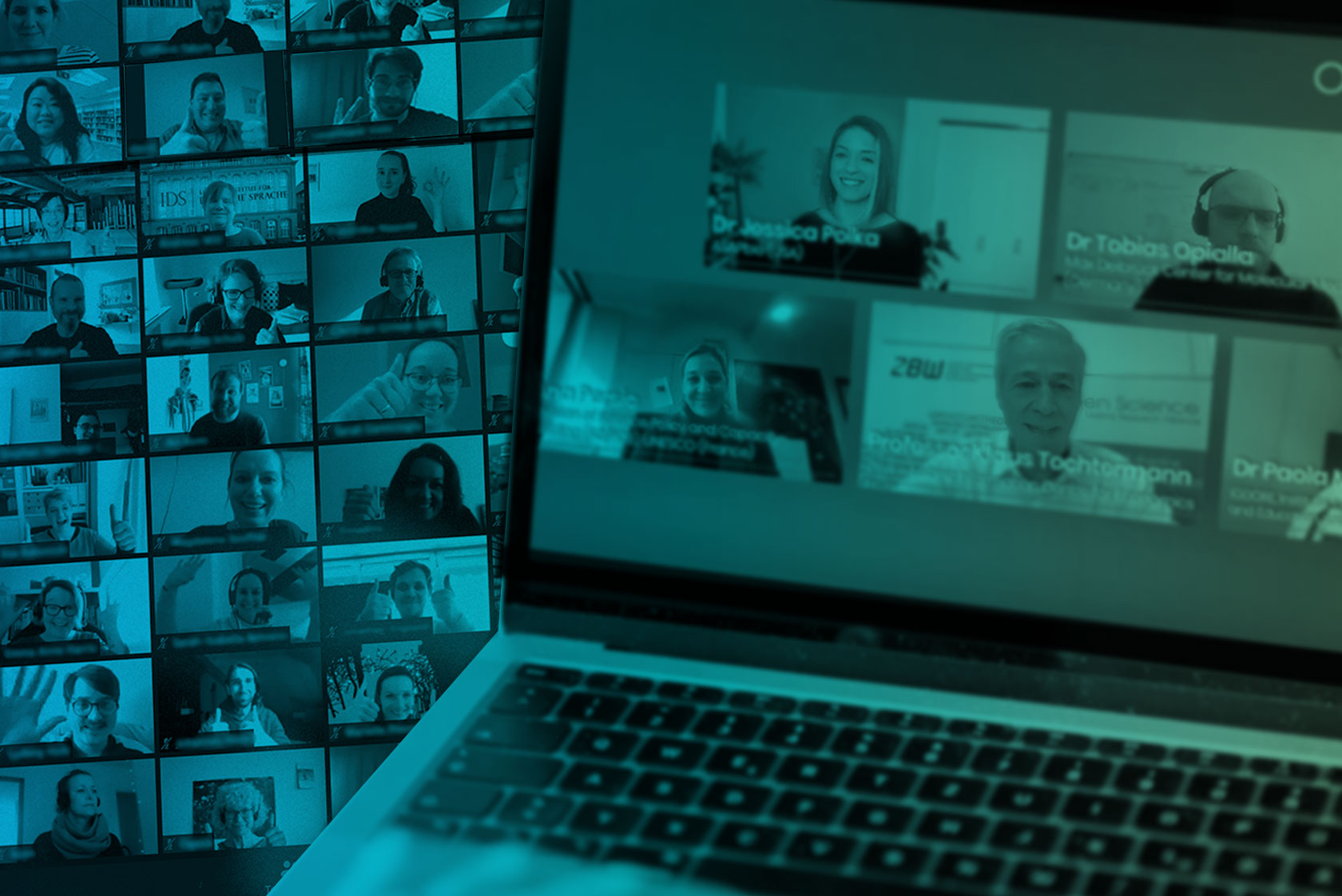
Open Science Conference 2022: New Challenges at the Global Level
What were the focal points of the Open Science Conference 2022? Which topics are...



